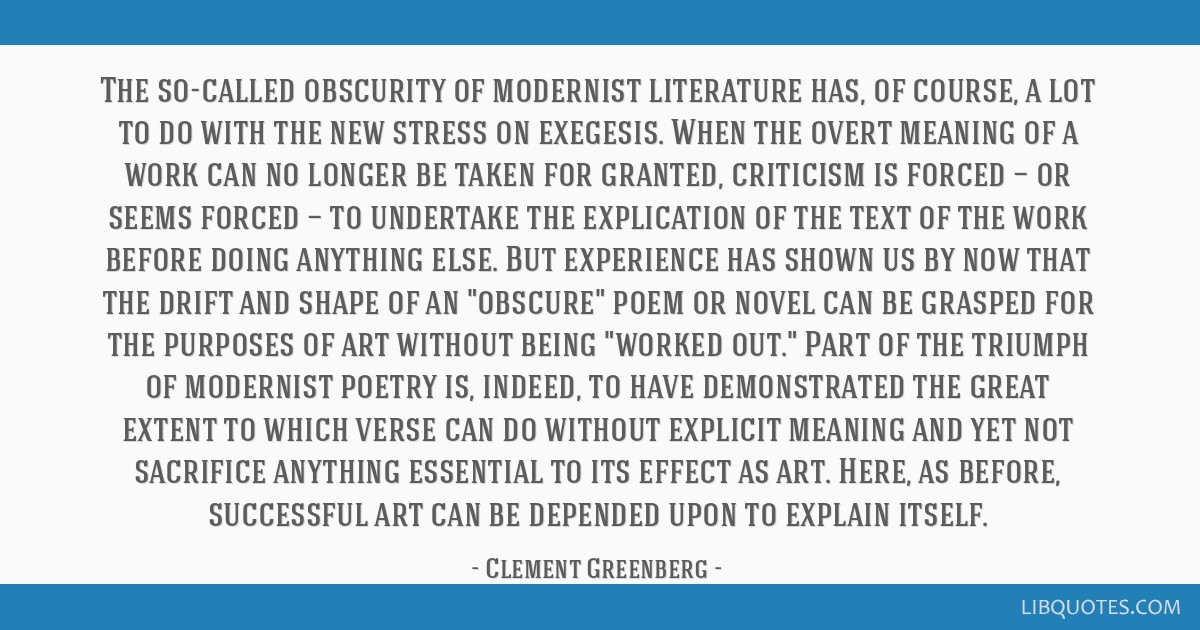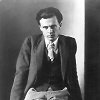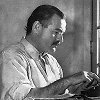The so-called obscurity of modernist literature has, of course, a lot to do with the new stress on exegesis. When the overt meaning of a work can no longer be taken for granted, criticism is forced — or seems forced — to undertake the explication of the text of the work before doing anything else. But experience has shown us by now that the drift and shape of an "obscure" poem or novel can be grasped for the purposes of art without being "worked out." Part of the triumph of modernist poetry is, indeed, to have demonstrated the great extent to which verse can do without explicit meaning and yet not sacrifice anything essential to its effect as art. Here, as before, successful art can be depended upon to explain itself.
"T.S. Eliot: A Book Review" (1950/1956), p. 244 - Art and Culture: Critical Essays, (1961)























